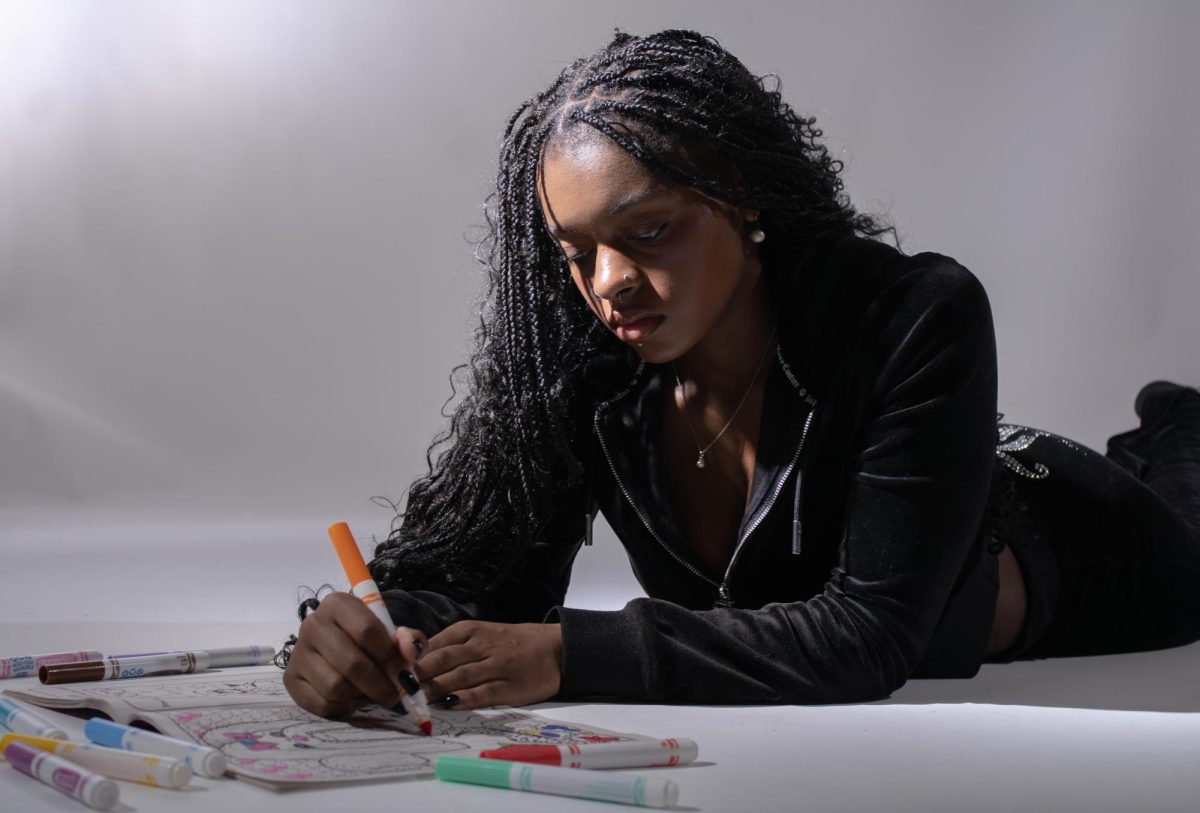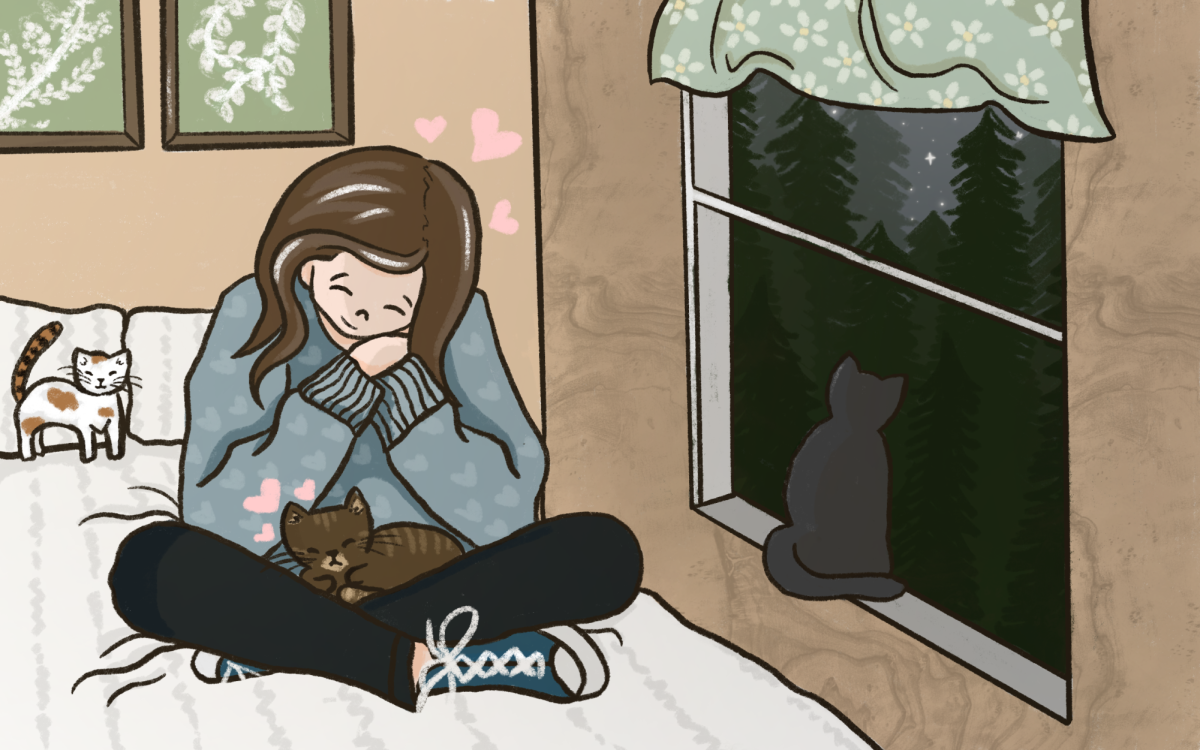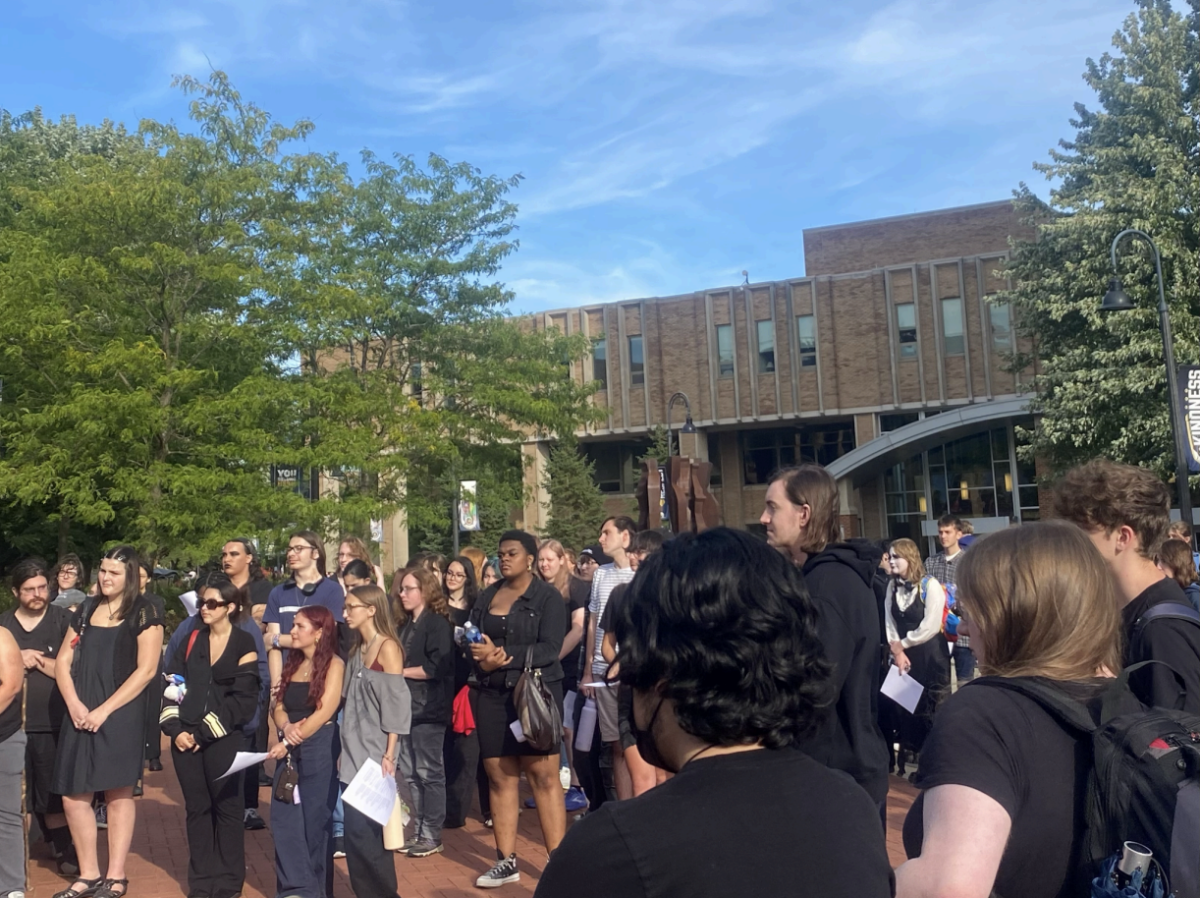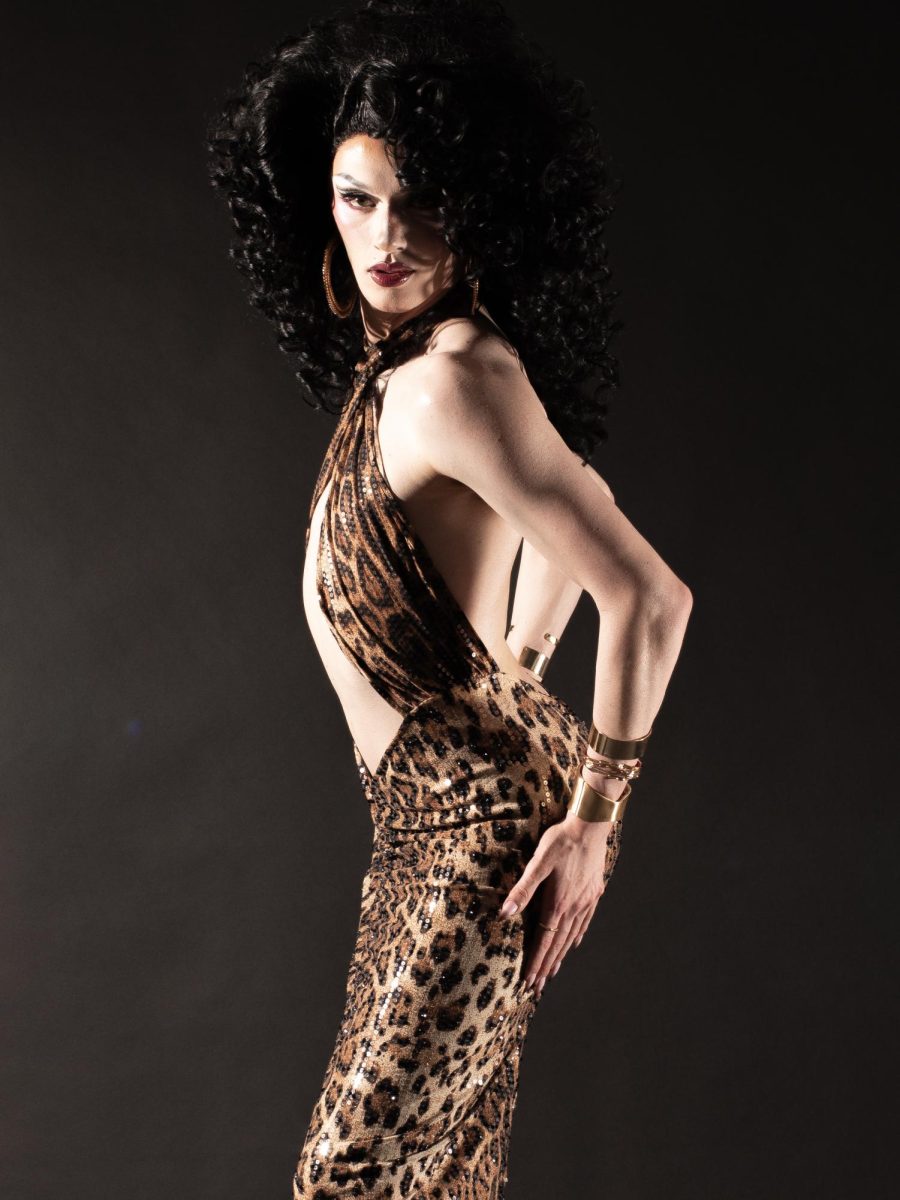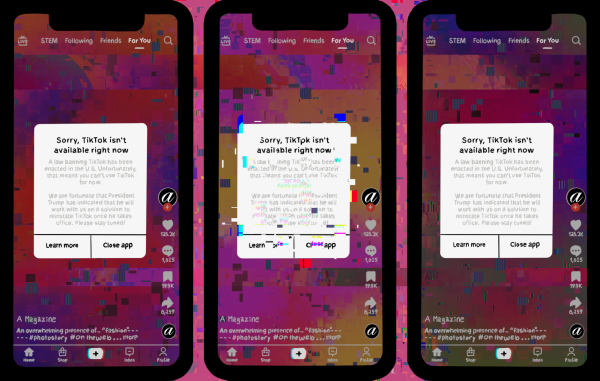
In 2018, Mo Cooper, a content creator, started filming YouTube videos because her chronic illness prevented her from attending high school.
“I started creating to distract myself from my chronic illness that was getting a lot worse at the time, and I didn’t have any answers,” Cooper said.
Last year especially, Cooper began working with brands and realized she could pursue a career in content creation.
When she heard about TikTok’s potential ban, she began to prepare by posting more reels on Instagram and downloading her posted TikToks.
“It honestly was really saddening, and it sounds so dumb because a lot of people are like, ‘Oh, it’s just an app,’ but, for me, that’s where I really started picking up with content and what really helped me be where I am today,” she said.
Although TikTok is no longer banned and President Donald Trump is working to get American investors to own a majority stake in the app, Cooper worries that if TikTok is banned in the future, it will take a bit longer for her content to reach individuals.
From posting about her experiences with her chronic illness, Median Arcuate Ligament Syndrome, viewers have been diagnosed with MALS because they were able to learn about the syndrome and its symptoms from Cooper.
“Seeing other people being able to not feel alone, and also be able to get diagnosed because a lot of doctors don’t even know about certain conditions we have, it’s really refreshing to be that positive light,” she said.
View this post on Instagram
Cooper is not the only TikTok user who will be impacted by a potential further ban. Singers and songwriters like Claire Rosinkranz, who’s song “Backyard Boy” became popular on the app, have taken to the app to gain exposure.
“It’s an app that helped people’s small businesses, it helps people with their content creation,” Cooper said. “I’ve seen a lot of creators who have made an actual career out of it and dropped out of college.”
Since the app has been able to benefit people’s living, competitors like Instagram have started monetizing certain users’ content to prompt users to leave TikTok for Instagram.
Mariana Quinones, a junior fashion merchandising major and creator of KSU Fitzz, said KSU Fitzz may potentially be able to make money on Instagram from interactions.
“[Before,] the only way you could monetize off of Instagram, I feel like, was through sponsorships or collabs with other brands, like they would personally buy you, but it wasn’t through Instagram,” she said.
View this post on Instagram
As TikTok experiences a decrease in users, many may not have access to trends, Quinones said.
“Everyone else in the world, not in America, has free range to [TikTok], so I don’t think it will necessarily affect the whole world,” she said. “Maybe in the U.S., we might be a little more behind in what’s happening.”
In an email statement, Catherine Leslie, a School of Fashion professor, said that if TikTok were to be banned, users will utilize other apps to continue to take part in trends.
“The fashion consumer is used to learning about trends from social media, and that desire is not going to go away,” she wrote.
Both Cooper and Quinones have noticed political tensions on TikTok after Trump extended the TikTok ban.
“How a lot of the biggest app makers are kind of behind the president right now, it’s almost like they really can control a lot of what we’re saying online,” Cooper said.
Currently, Cooper is anticipating the release of the app neptune, which is founded by women, because she did not enjoy using RedNote, China’s version of TikTok. With the ability to edit within TikTok, Cooper became used to having that ability, making it difficult to use RedNote.
“At the same time, I still have to post on TikTok, and build other platforms up to have that crutch,” she said.
With TikTok’s uncertain future, Cooper said it’s important to keep in mind that although the app features a variety of content, there is plenty of good content that impacts people’s lives.
“A lot of stuff can manifest, spread and people can spread? misinformation, but people can also get a lot of information from the app,” she said. “So keep in mind, there’s still a lot of good out there and there’s still a lot of people who are literally making a living off that app.”
Support Student Media
Hi! I’m Kayla Friedman, A Magazine’s editor-in-chief. My staff and I are committed to bringing you the most important and entertaining news from the realms of fashion, beauty and culture. We are full-time students and hard-working journalists. While we get support from the student media fee and earned revenue such as advertising, both of those continue to decline. Your generous gift of any amount will help enhance our student experience as we grow into working professionals. Please go here to donate to A Magazine.

